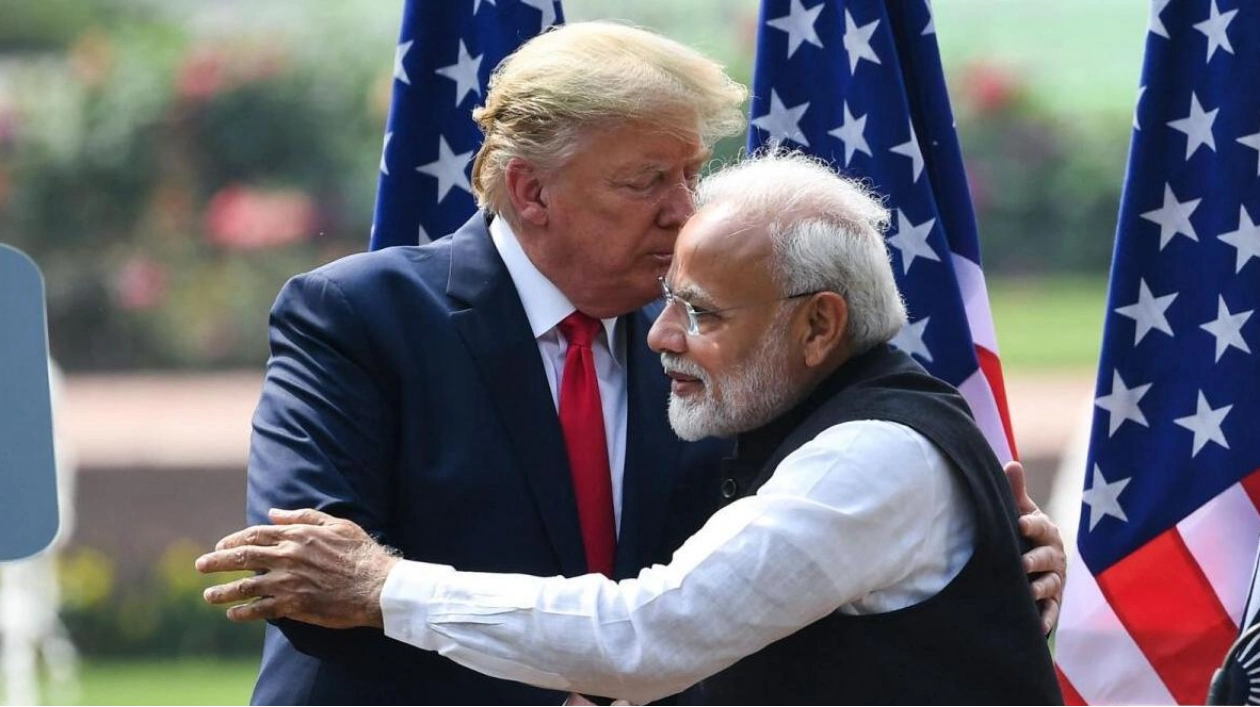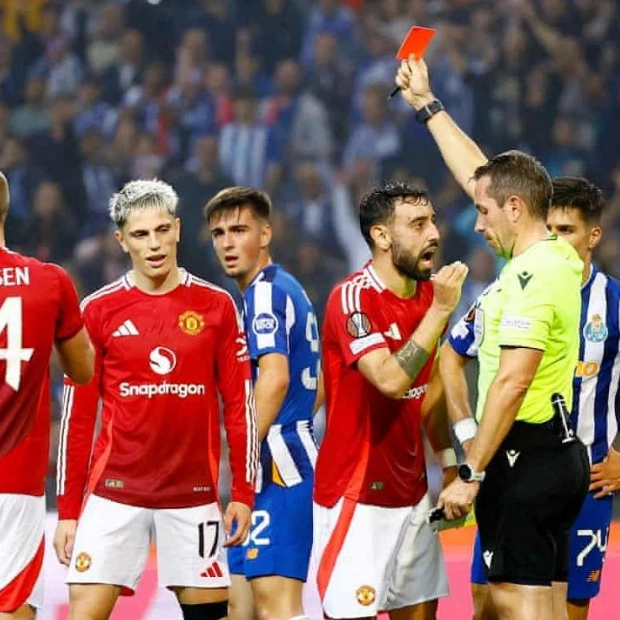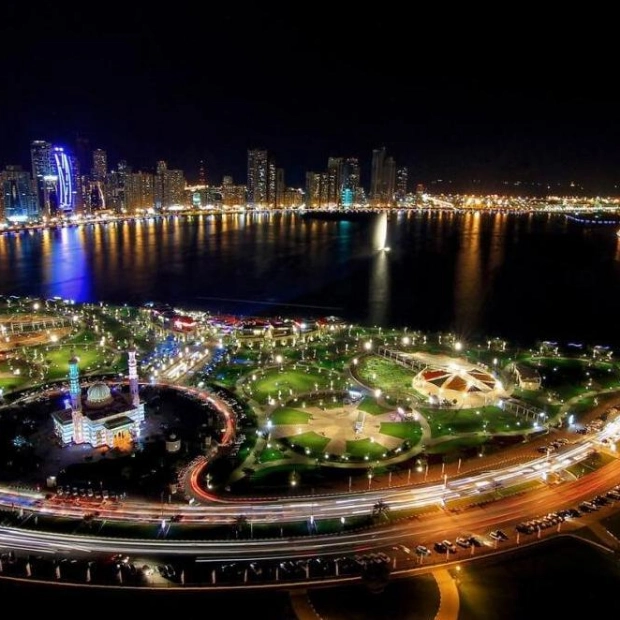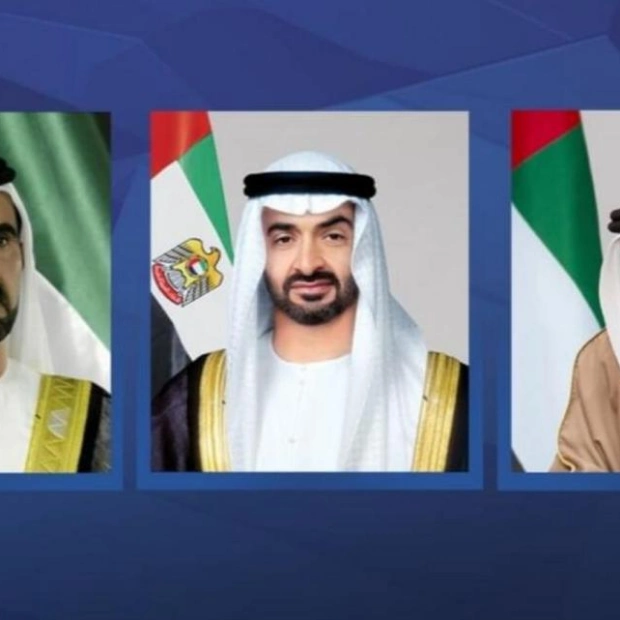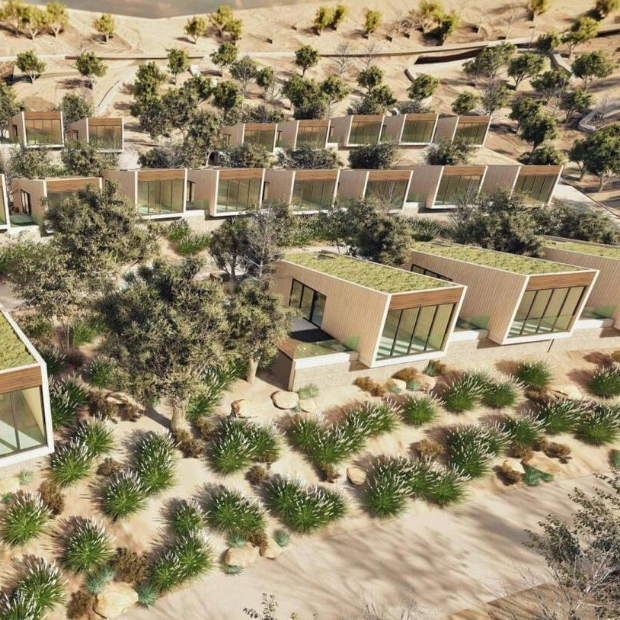Indian Prime Minister Narendra Modi and Donald Trump may call each other friends, but analysts warn that looming trade disputes could strain their friendly relationship if Trump returns as US President. The warm exchanges and bear hugs they've shared in their official meetings mask Trump's sometimes aggressive stance towards New Delhi during his first term, when he labeled India a 'tariff king' and 'trade abuser'. Trump vowed to impose 'reciprocal' tariffs on countries with trade surpluses with the US, a move that could hinder industries in the world's fifth-largest economy.
'Look at the direction Trump wants to take America... to bring economic and industrial activity back to the US,' said Indrani Bagchi, CEO of the Delhi-based Ananta Aspen Centre think-tank. 'For decades, America has lived off the idea that things are produced elsewhere and you get them cheap,' she added. 'If manufacturing indeed moves back to the US, what does that mean for countries that have a trade surplus with America?'
India, the ninth-largest trading partner of the US, had a trade surplus of over $30 billion in the 2023-24 financial year. Modi's government has promoted local manufacturing through its 'Make in India' campaign, simplifying laws and offering tax concessions for new enterprises. This initiative has attracted Apple and other tech giants looking to diversify their supply chains out of China. India's top tech firms, including TCS and Infosys, have grown into corporate giants by outsourcing IT needs to a cheaper labor force for their American counterparts. All could suffer if Trump fulfills his pledge to bring jobs back onshore and start a 'tariff war,' according to Ashok Malik of The Asia Group.
Trump's aggressive trade policies, primarily aimed at China, won't leave India unaffected, Malik added. Both Modi and Trump enjoy strong support from their right-wing bases, share a disregard for established political norms, and advocate similar populist, country-first rhetoric. They praised each other during a joint appearance at a Houston stadium in 2019, showcasing their close, personal alliance in front of tens of thousands of Indian-Americans. Modi reciprocated by hosting Trump at a rally in Gujarat, attended by an estimated 100,000 people.
Professor Harsh V Pant of King's College London noted that India could benefit from the personal warmth between the two leaders. 'Modi is certainly the kind of strong leader Trump likes,' he said. 'Embracing Modi is politically convenient, optics are good, and there are a lot of positives for Modi to exploit.' However, the years ahead could bring significant diplomatic tensions that might strain their mutual camaraderie. India is one of the largest sources of legal migration to the US, but tens of thousands of Indians have also entered illegally via the Canadian and Mexican borders. This could pose a problem if Trump cracks down on illegal immigration.
India has forged new partnerships with the US under Modi's government, including in defense, technology, and semiconductor production. As a member of the US-led Quad alliance with Australia and Japan, India aims to counter China's growing influence in the Asia-Pacific. Trump's 'unpredictability' raises doubts about whether this trajectory of closer cooperation will continue, according to Pant. 'The fact that he doesn't view the world in a strategic sense, there is a transactionalism always inherent in his approach — that makes it complicated and brings uncertainty.'
Source link: https://www.khaleejtimes.com
